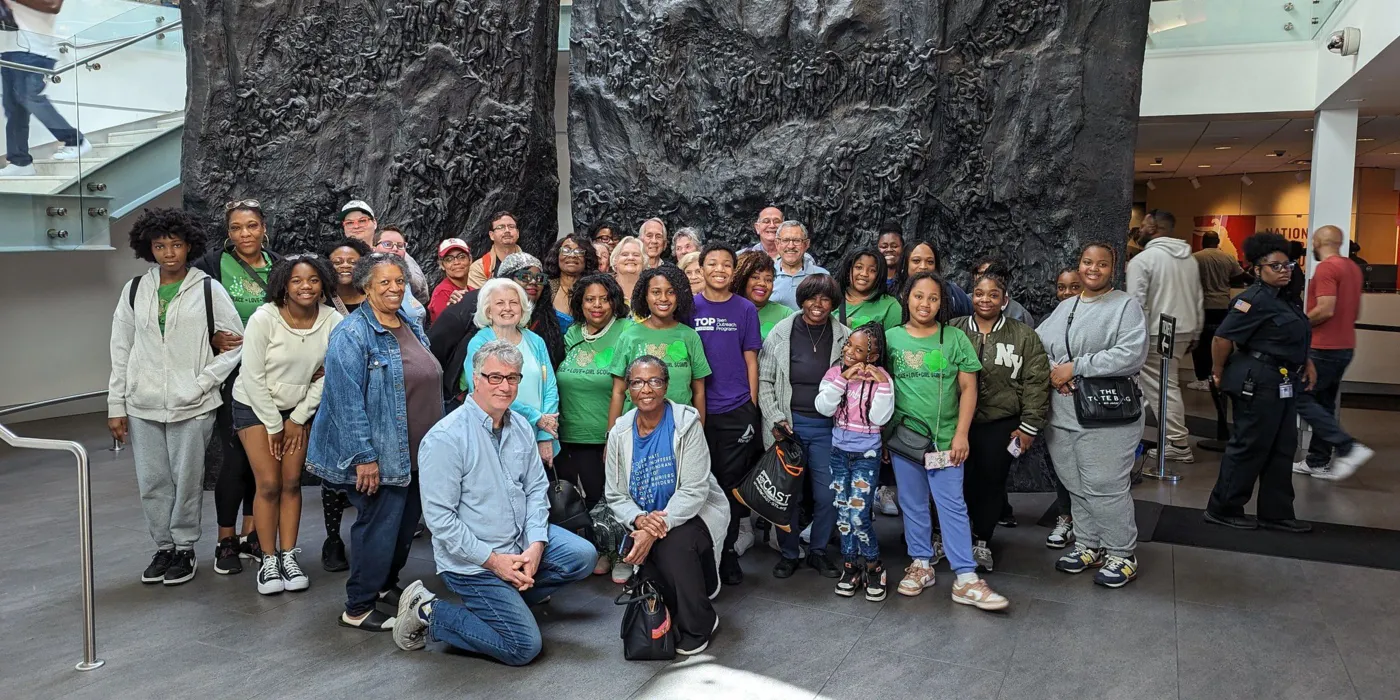
One thing that has hamstrung evangelism efforts in many congregations is that they are motivated by institutional self-interest. What does that mean? It is ministry driven by the narrative of decline. As our churches grow smaller, our fear and anxiety grows bigger. We need more people in the pews! We need more money in the plate! We need a priest who will attract young families!
But consider for a moment: did Jesus ever command us to have a higher average Sunday attendance? Did Jesus ever ask us to report more income on the parochial report? No! Many if not most of Jesus’ images of the gathered spiritual community are about smallness and humility — the tiny treasure hidden in the great big field, the pinch of leaven in the ball of dough, the mustard seed, the smallest of all seeds.
Evangelism with authenticity can never be self-interested or institution-motivated. We cannot approach this from the point of view of church growth — getting more people in the pews and money in the plate. Those fear-based, self-interested motivations take us back to a coercive, means-to-an-end motivation for our evangelism, and that lacks integrity.
Church growth may be (and we hope is!) a happy by-product of enthusiastic, generous, listening-based practices of evangelism. But increasing attendance and pledges cannot be our primary motivation. Institutional self-interest will never leave us entirely —we love our churches and want them to not just survive, but thrive. And I as a clergy person certainly want the institution to endure— it’s how I pay my mortgage!
But grappling with our institutional self-interest openly and thoughtfully will root us back in our core motivation for evangelism: celebrating Good News of God’s love wherever we find it, regardless of whether that impacts our attendance or giving at all. Thus 75% or more of your evangelism conversations may never involve an invitation to worship or another church event. That invitation may come six months in, or five years in, or never. But if and when the moment does come to invite someone to something, it will happen naturally and make sense in the context of the deep spiritual relationship you have been building, without ulterior motives.
Your job as an evangelist is not to get more people attending St. Swithin’s Episcopal Church. Your job as an evangelist is to build spiritual intimacy with other people, going with them to the deep places of life and searching for God’s love together there. Your job is to witness the glory of God in the people around you and to proclaim their holiness and blessedness, and to live as though you were truly holy and blessed, because you are.
Whether our churches are growing or shrinking, whether their doors are opening or closing, the Good News of God’s love remains the bedrock truth that transforms lives. And the world needs Good News more than ever. So forget about growing the church —that’s not your job or your problem! (That’s God’s job — and God is much better at it than we are.) And ask yourself the question: how do I see Good News about God’s love in my workplace, my social circle, my friends, and family, and congregation? And what stories can I tell and listen for of grace and hope and redemption?
